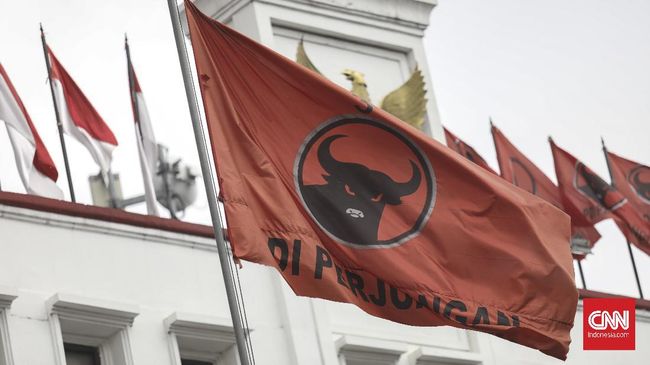Is this the end of imports of cotton and tomatoes from Xinjiang to the United States? Joe Biden on Thursday signed a law prohibiting the purchase of products believed to be the result of forced labor by Uyghurs in China, and the White House has already warned American companies tempted to bow to Beijing.
The text signed by the American president provides for the banning of products manufactured in whole or in part in this Chinese province, unless companies are able to provide proof that the products were not made with forced labor . This is a world first.
The law requires that special attention be paid to imports of three products: cotton, of which Xinjiang is one of the world’s major producers; tomatoes, also mass produced in the region; and polysilicon, a material used in the production of photovoltaic panels.
China denounces slander
This law gives the government “new tools to prevent the entry into the territory of products made with forced labor in Xinjiang and to hold accountable the people and entities behind these abuses,” Secretary of State Antony Blinken said in Thursday. a statement calling on the Chinese government to end “genocide and crimes against humanity”.
China is accused by western countries of massively locking the Uyghurs, a predominantly Muslim and Turkic-speaking community in western China, in large labor camps.
Beijing blasted this text on Friday, accusing the United States of “violating international law” and “slandering” China. In a statement, the Chinese Foreign Ministry urged Washington to “immediately correct its mistakes”, otherwise threatening retaliation.
US senators unanimous
With rare unanimity, the Senate voted on December 16 for this text, supported by both Democrats and Republicans, supporters of an aggressive policy towards Beijing. This vote came despite a lobbying campaign by American companies, some of which are very dependent on their supplies in China and which are shaking the scarecrow of additional disruptions to world trade, already disrupted by the pandemic.
This measure is “the most important and effective taken so far to hold the Chinese Communist Party accountable for its use of forced labor”, commented Republican Senator from Florida Marco Rubio, one of the authors of the bill, that the White House thanked in a statement announcing the law’s enactment.
In the wake of the adoption of the text in the Senate, and after a wave of US sanctions against Chinese companies, Intel had sent a letter to its suppliers asking them to avoid sourcing in the region.
A demand that sparked an outcry in China, which the chipmaker then tried to calm with a statement released Thursday on Weibo, the Chinese social media platform: “Our initial intention was to ensure compliance with US laws ( …). We apologize for the problems caused to our respected Chinese customers, partners and the public. “
–


